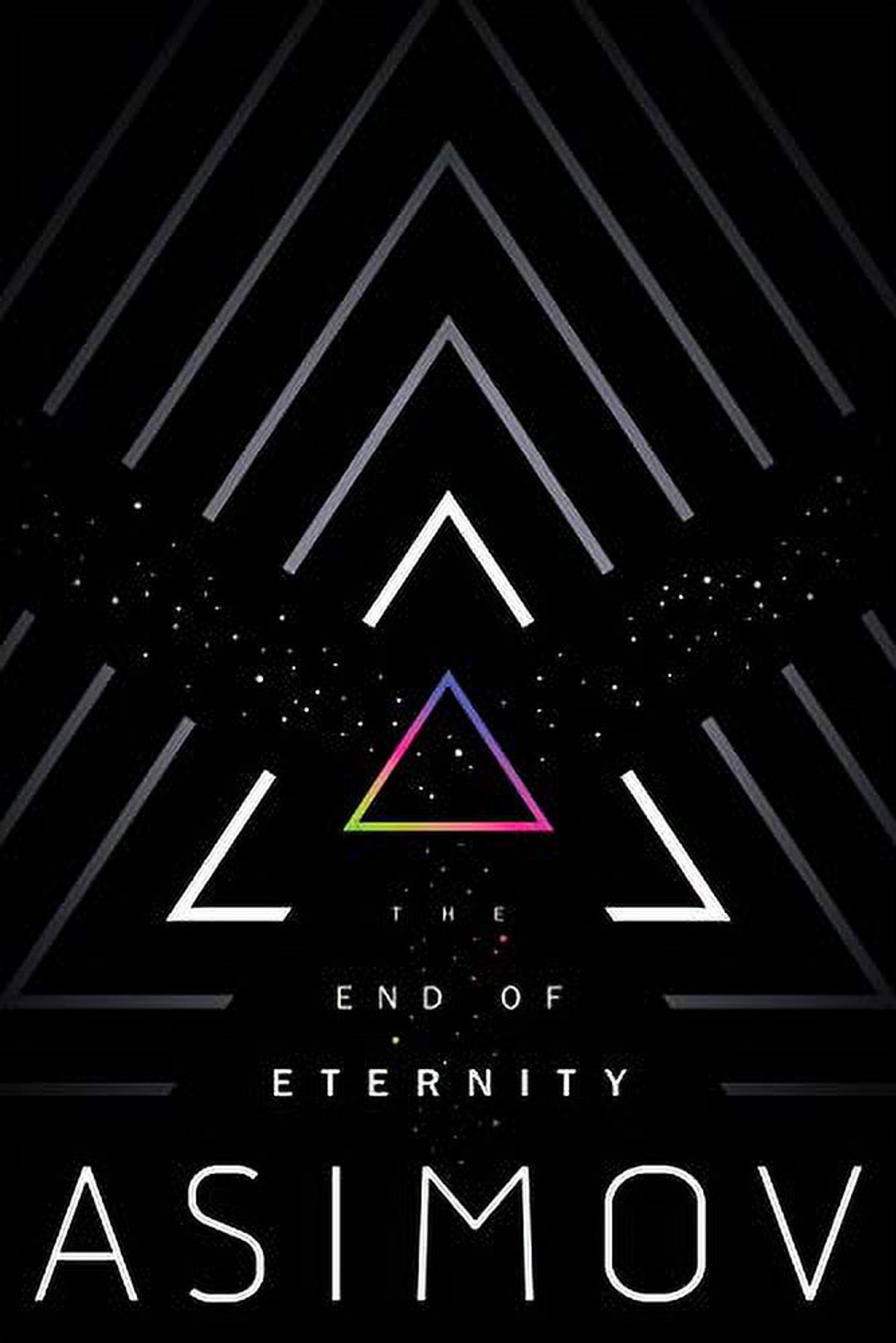I'm at a bit of a loss at what kind of posts to make here so I'm going to start posting reviews for books I've read on occasion. Feel free to do the same or discuss the book.
This is the first book I’ve read by Isaac Asimov. I decided it was a good idea to go back to some of the classics and this seemed like a great place to start. It might have made more sense to start with The Foundation Trilogy, but I vaguely remember reading somewhere that End of Eternity was potentially a prequel of sorts to it. I’m also in the middle of the Foundation TV adaptation that is very loosely based on the book. I didn’t want to get those two stories mixed up in my head so I’ll likely wait for it to end before beginning the books.
The premise of this book is that humanity has built an organization called Eternity. There is a facility that exists outside of the regular flow of time with machines that allow them to travel as far forward in time as they like. However, they can only travel as far backwards as the establishment of the field that maintains the Eternity facility. The organization reminds me of an early 20th century university that primarily consists of wealthy privileged men. Which happens to be a rule at Eternity. There are no woman allowed at Eternity. Perhaps this premise was more readily accepted at the time this book was written, but feels a bit dated now. Especially considering the primarily conflict of this story ends up revolving around our protagonist Andrew Harlan falling in love with a woman which happens to be strictly forbidden. Despite being an incredibly talented technician of Eternity who skillfully implements reality changes in order to maintain some kind of stability he feels incredibly naive and childish. I didn’t like any of the characters in this book. Their motivations seemed a tad ridiculous most of the time and they consistently refused to consider the implications of their actions in order to drive the story further into disarray. Ultimately the science fiction part of the story was well conceived and exciting to think about. Every story that involves time travel has its own way of implementing its rules, but this one involved what I know as the Butterfly Effect. I think this book might predate the story that coined that term, but I don’t think End of Eternity defined this concept either. Effectively the plot of the story sets in motion a predetermined loop of time that can’t be undone no matter what any of the characters do. Even the characters knowing this might be the case appears to have no effect on their predetermined destiny.
I think it is important to keep in mind when a book was written to try and get in the right frame of reference that the author intended. The book might be a bit dated, but if you read it from the perspective of being in 1955 it makes a lot more sense. I look forward to reading The Foundation Trilogy so I can see if these books are at all related to one another.
3 / 5 Stars


I also loved this book when I first read it as a teenager many years ago, along with the Foundation series: another great Asimov book that springs to mind is The God Themselves, which is quite unlike anything else he wrote, but fascinating too.
Unfortunately when I reread Foundation many years later, it did not stand up to my memory. One of the downsides of getting older, if not wiser.